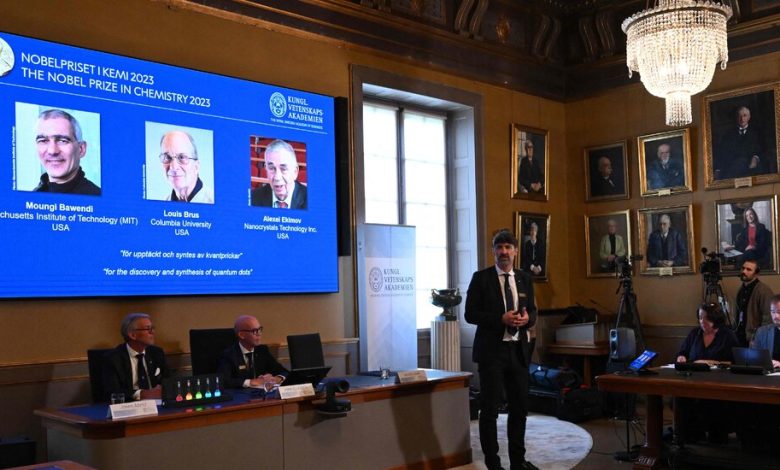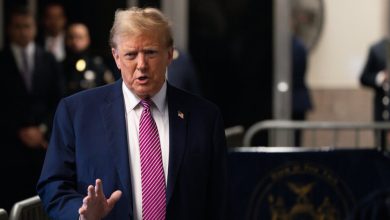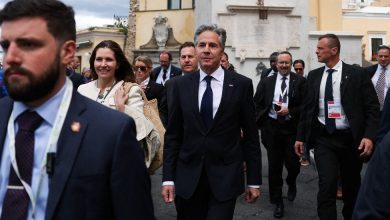Chemistry Nobel Prize Revealed in Media Hours Early

Observers following Wednesday’s announcement of the 2023 Nobel Prize in Chemistry were left dumbfounded — and not just by quantum dots, the subject of the laureates’ research.
What stumped them was how at least two Swedish news outlets had managed to report the names and achievements of the laureates hours before the official announcement.
The two newspapers, Aftonbladet and Dagens Nyheter, said they had received an emailed news release containing the information directly from the Royal Swedish Academy of Sciences, which awards the prize. Hans Ellegren, the academy’s secretary general, described the early transmission of the release “completely unexpected” and “very unfortunate.”
“We don’t know what happened,” he said in a telephone interview on Wednesday afternoon, adding that the academy was investigating.
Compounding the confusion, the academy said that it had not even formally met and signed off on the choice of laureates when the Swedish outlets received the news release. Heiner Linke, a member of the Nobel Committee for Chemistry, said academy members had gathered to finalize the award at 9:30 a.m. local time, about two hours after the outlets received the expected news.
But when the names were officially announced just before noon, they matched.
Professor Linke declined to describe the awards process in detail, but he said that the final meeting on Wednesday morning was not a mere rubber-stamp.
“There’s more than one scenario for how things can play out, depending on the decision made by the academy,” he said, although he conceded that “it’s a no-brainer that the materials are prepared ahead of time.”
Nobel laureates’ names have slipped out prematurely before. In 2019, the poet Katarina Frostenson, a member of the Swedish Academy, which awards the Nobel Prize in Literature, left after an investigation found that her husband had repeatedly leaked the names of winners.
This year’s chemistry Nobel laureates — Moungi G. Bawendi, Louis E. Brus and Alexei I. Ekimov — were selected for their discovery and development of quantum dots, used in LED lights and television screens and that can help guide surgeons as they remove cancer tissue. At least one of the recipients still described the accolade as unexpected.
Dr. Bawendi said at a news conference after their names were announced that he had been “very surprised.”



